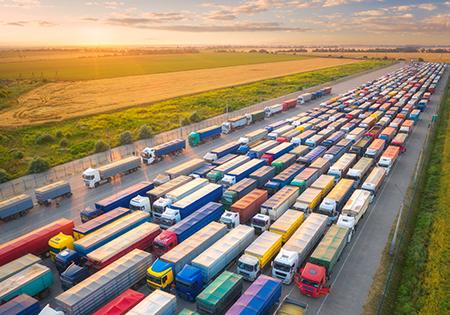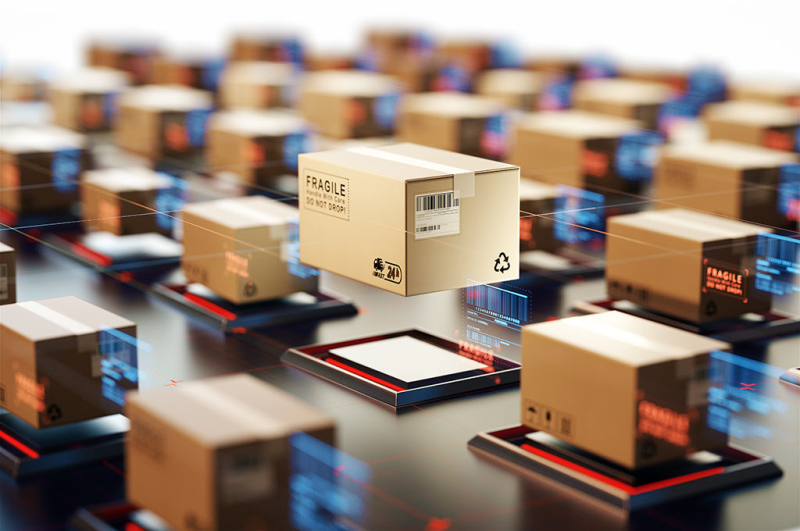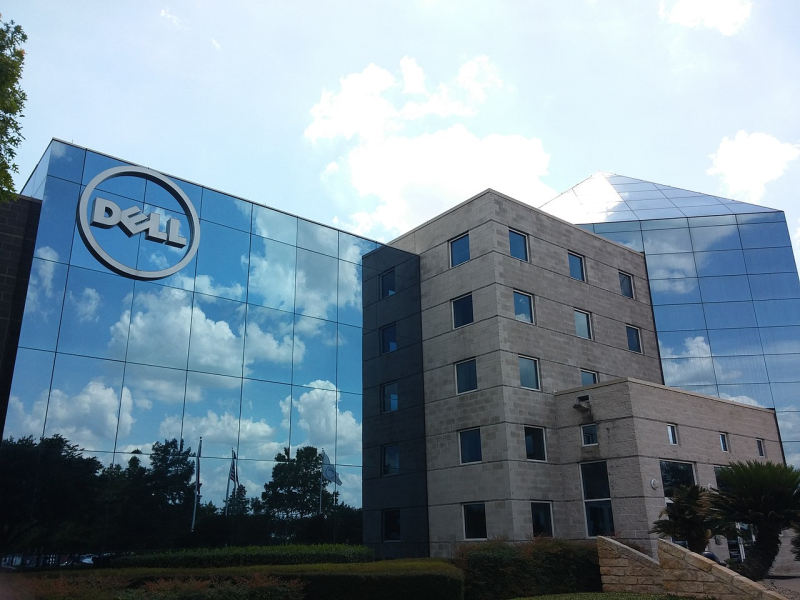
Starting June 1st, 2023 Our warehouse fee will be $0.65/cubic foot per month
In effort to lower the warehouse storage fee during inflation, we have went narrow aisle racking.This construction took us four months but the project is finally completed. With narrow aisle racking, we are able to drop storage by 24%.We as partners will go through this inflation together.
01/15/2025
The global agrochemical market is poised for steady growth, driven by the escalating need to boost agricultural productivity and adopt sustainable farming practices.
FRANCE, UNITED KINGDOM, January 14, 2025 /EINPresswire.com/ – Valued at $252.1 billion in 2023, the global agrochemical market is projected to grow to $310 billion by 2032, with a compound annual growth rate (CAGR) of 2.32% during the forecast period (2025–2032). This expansion underscores the increasing reliance on agrochemicals to meet rising food demands and combat challenges such as diminishing arable land and climate change.
Agrochemicals, encompassing fertilizers, pesticides, herbicides, and plant growth regulators, are indispensable in modern agriculture. They significantly enhance crop yield and quality, enabling farmers to meet the needs of a growing global population. Recent reports highlight the market’s robust trajectory, with a projected CAGR of 3.5% from 2024 to 2030, driven by population growth, urbanization, and advancements in agricultural technology.
Surging Global Population: By 2050, the global population is expected to surpass 9 billion, necessitating a substantial increase in food production. Agrochemicals provide farmers with the tools to maximize output and efficiency, meeting these surging demands.
Declining Arable Land: Urban expansion and industrialization have significantly reduced the availability of fertile farmland. To optimize yields from limited resources, the adoption of high-yield farming methods supported by agrochemicals has become essential.
Technological Innovations: Advances in precision agriculture, such as satellite-based monitoring and AI-driven solutions, have made agrochemicals more efficient, ensuring targeted application and reducing waste.
Government Incentives: Many governments support agricultural productivity through subsidies and policies that encourage the responsible use of agrochemicals, enhancing food security worldwide.
Despite its importance, the agrochemical sector faces significant obstacles:
Environmental Concerns: Overuse of agrochemicals can lead to ecosystem degradation, prompting stricter regulations and driving demand for eco-friendly alternatives.
Regulatory Pressures: Stringent global standards regarding agrochemical usage can complicate market entry for smaller players, impacting innovation.
Cost Barriers: Developing sustainable and biologically compatible agrochemicals often requires substantial investment in R&D, which can limit smaller companies' competitiveness.
Resistance Issues: Excessive application of certain chemicals has led to resistant pests and weeds, challenging the effectiveness of traditional solutions.
By Product Type:
By Application:
By Region:
Eco-friendly Solutions: The demand for organic and bio-based agrochemicals is growing as consumers and farmers alike prioritize sustainability.
Precision Agriculture: Integrating digital technologies such as IoT, drones, and AI into farming can optimize agrochemical use, minimizing waste and environmental impact.
Emerging Markets Expansion: Increasing agricultural activity in regions like Africa and Latin America presents immense growth opportunities.
Collaborative Innovation: Partnerships between corporations, research institutions, and governments can accelerate advancements and overcome regulatory hurdles.
Leading players shaping the agrochemical market include:
These companies are heavily investing in R&D to develop innovative solutions, especially in bio-based and climate-resilient agrochemical technologies.
Digital Transformation in Agriculture: The integration of AI and precision farming tools will revolutionize agrochemical application, making it more efficient and environmentally responsible.
Bio-based Agrochemicals: The push toward organic farming will drive innovation in biopesticides and biofertilizers.
Climate-resilient Solutions: Developing products that help crops withstand extreme weather conditions will become a priority.
Integrated Pest Management (IPM): Combining agrochemicals with biological and cultural methods will gain prominence as a sustainable farming strategy.
1.Expert Handling and Transportation
Agrochemicals often require specialized handling due to their chemical nature. Worldcraft Logistics ensures safe transportation with adherence to strict safety and regulatory standards, including temperature-controlled options for sensitive products.
2. Regulatory and Customs Expertise
Navigating complex international regulations can be challenging. Worldcraft Logistics simplifies the process with expert customs clearance services and compliance support for hazardous materials, reducing delays and ensuring smooth global operations.
3. Cost-Efficient Distribution
With optimized freight solutions and a global network, Worldcraft Logistics helps businesses reduce transportation costs while reaching diverse markets, including remote areas.
4. Scalable and Flexible Solutions
From seasonal demand management to flexible warehousing, Worldcraft Logistics provides scalable logistics solutions that adapt to the dynamic needs of the agrochemical industry.
5. Sustainability Initiatives
Supporting eco-friendly practices, Worldcraft Logistics integrates green solutions into its operations, aligning with the agrochemical sector’s move towards sustainable supply chains.
By offering reliable, compliant, and efficient services, Worldcraft Logistics enables agrochemical businesses to focus on growth while ensuring smooth and safe operations.
The agrochemical market stands at the intersection of innovation and necessity. As the global population grows and environmental concerns mount, the industry must adapt by embracing sustainability and leveraging technological advancements. With opportunities in emerging markets and growing demand for eco-friendly solutions, the future of agrochemicals is both promising and transformative.
SEO
Digital Marketing/SEO Specialist
Simon Mang is an SEO and Digital Marketing expert at Wordcraft Logistics. With many years of experience in the field of digital marketing, he has shaped and built strategies to effectively promote Wordcraft Logistics' online presence. With a deep understanding of the logistics industry, I have shared more than 500 specialized articles on many different topics.

Hot News
08/05/2024

Hot News
02/23/2023

Hot News
02/23/2023

Hot News
02/06/2023
Hot News
02/07/2023